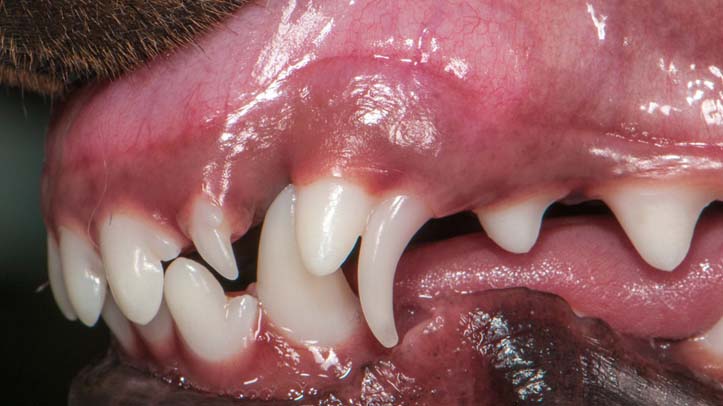Poodle crosses may be at increased risk of dental disease, according to preliminary results from the Puppy Tooth Census.
The dental health initiative was launched by veterinary digital services company VisioCare at the end of March and aims to generate data and insights into dental conditions affecting puppies. Early indications show that poodle crosses are accounting for 25% of all responses, which is in line with anecdotal reports that vets are seeing more dental conditions in poodle cross puppies.
The dental health initiative was launched by veterinary digital services company VisioCare at the end of March and aims to generate data and insights into dental conditions affecting puppies. Early indications show that poodle crosses are accounting for 25% of all responses, which is in line with anecdotal reports that vets are seeing more dental conditions in poodle cross puppies.
The popularity of poodle crosses has grown in recent years and early analysis of census results show that these crosses are overrepresented when it comes to dental conditions. Without diagnosis and intervention, these dogs are likely to experience significant oral pain.
Retained deciduous teeth and lingually displaced mandibular canines are reported as the main dental conditions affecting puppies.
Ingrid Tundo, head of the dentistry and oral surgery department at the Royal Vet School, recently presented a webinar sponsored by VisioCare on Challenges in Puppy Dentistry and Malocclusion. She said: “Not uncommonly I see dogs presenting with ulceration and even oronasal fistulae due to severe malocclusion.
“These are very painful conditions and demonstrate why it is so important to check all puppies for signs of dental disease. Malocclusion due to persistent deciduous teeth must be treated without delay, especially where there is trauma to soft tissues when a wait-and-see approach is not advisable.”



